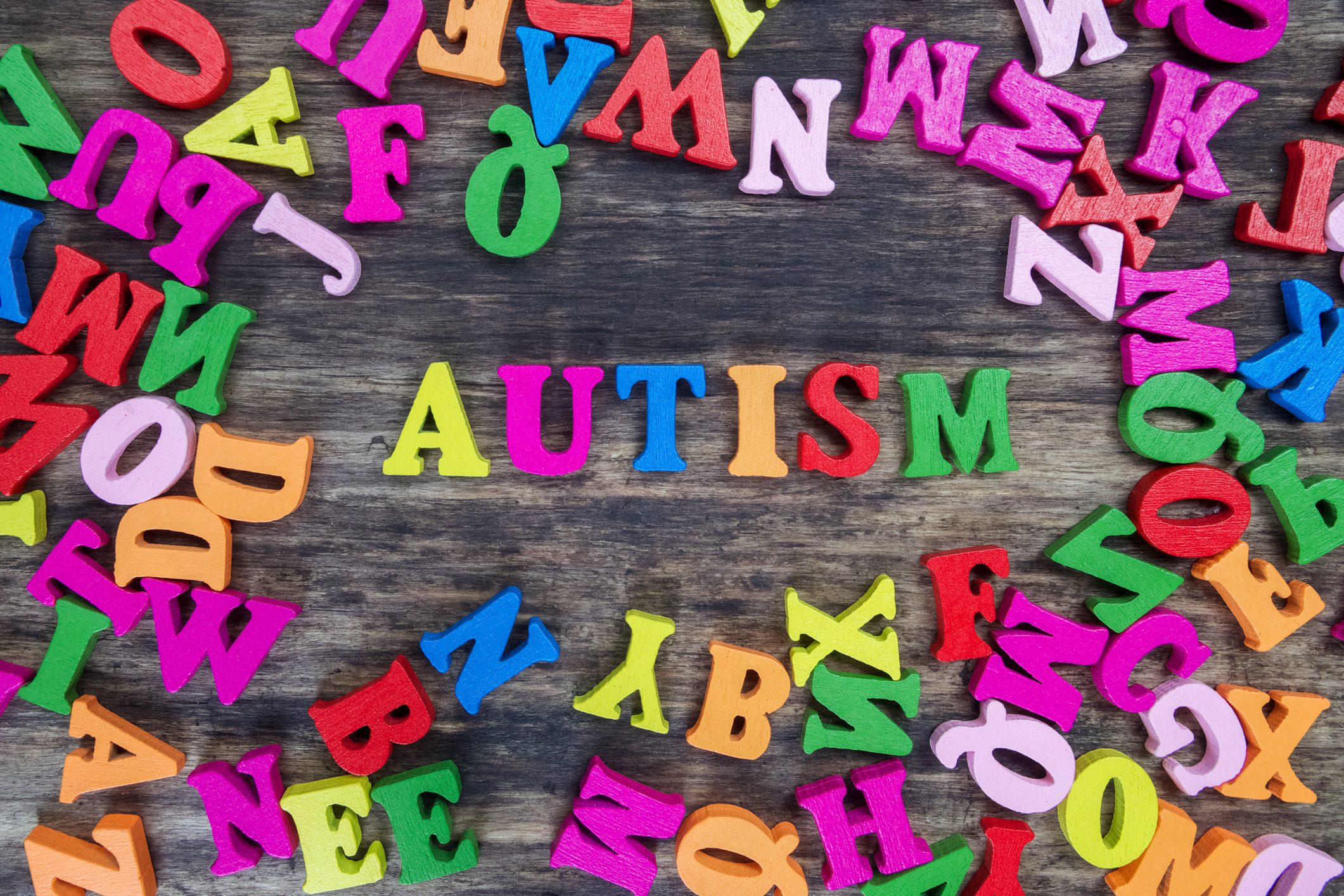World Autism Awareness Day is April 2. Though the vast majority of people today are aware of the existence of autism, many still don’t understand autism. This lack of understanding has a tremendous impact on autistic individuals, their families and communities and the stigmatization and discrimination that stems from it creates significant obstacles regarding diagnosis and the availability of, and access to, supports. This World Autism Day, we encourage everyone to grow their understanding of autism!
What is Autism?
Autism Spectrum Disorder (ASD) is a complex developmental disability that can impact the way a person communicates, interacts, feels, learns, behaves, and/or how they experience the world. People are born with autism or it develops very early in infancy (scientists are still trying to figure out when and why autism occurs) and it stays with them their whole life. It is not an illness or medical condition to be treated or cured. Some people require specific support and accommodations, some people benefit from certain supports, and some don’t use any supports at all.
Autism is considered a spectrum, as it can present very differently in each individual and the impact on a person’s development and daily life can vary greatly. Some people who have autism may have cognitive impairments, be non-verbal, and need full support from a caregiver; others may be intellectually gifted and be some of the most successful people in the world; more people may fall somewhere in between. There is no one size fits all description, or impact, of autism.
Listen to Understand
One of the most valuable ways that you can grow your understanding of autism is to listen to autistic people. When it comes to discussions about autism, it is far too common for autistic voices to not be included in the conversation. Go right to the source and let autistic people tell you about themselves and their experiences! Read books, listen to podcasts, watch YouTube videos, and explore other content from autisic authors and creators.
Here are just a few books written by autistic authors that can help deepen your understanding:
- Planet Earth Is Blue by Nicole Panteleakos
- Loud Hands: Autistic People, Speaking by Julia Bascom
- Look Me in the Eye: My Life with Asperger’s by John Elder Robison
- Autism in Heels: The Untold Story of a Female Life on the Spectrum by Jennifer Cook O’Toole
It is also very important to listen to the voices of the autistic people that you know. Growing your understanding of autism is so valuable, but it’s just as important to take the time to get to know the individuals that you interact with. Autism is very individualized and what one person experiences, needs, prefers, etc., will likely not be the same as someone else. Follow their cues when it comes to how they identify themselves regarding autism (such as saying “autistic” or “a person who has autism”) and listen when they choose to share their experiences, feelings, and insights. It’s usually ok to ask questions, but it’s a good idea to ask if they mind first because, like anyone, they might not want to share things about themselves. Always be respectful and never ask questions that you wouldn’t ask a non-autistic person who you have a similar type of relationship with. Remember, it’s not an autistic person’s job to educate you about autism and they aren’t an autism case study.
Growing Your Child’s Understanding
Young children are naturally egocentric, which means they see everything from their own point of view and believe everyone thinks like they do. This can make it difficult for young children who don’t have autism to understand the needs and behaviors of their autistic peers. One of the best ways to support young children in beginning to understand autism is to talk about differences and similarities. Everyone has different personalities, likes, needs, behaviors, etc. That’s what makes the world so interesting!
Autism is just one way that their friend is different, but they have lots of things in common too. Talk to your child about what makes them unique to help them understand how everyone’s differences make them who they are and about the similarities they share with people in their lives to help them understand that being different in some ways doesn’t mean we aren’t the same in other ways. This helps to develop their empathy, compassion, and acceptance of all differences, not just autism.
There are also some wonderful children’s books written by autistic authors that help children understand differences and normalize them, which helps to reduce stigma. Here are just a few books that we love!
- Darius Hates Vegetables by Darius Brown
- Too Sticky! Sensory Issues with Autism by Jen Malia
- Benji, the Bad Day, and Me by Sally J. Pla
- Autistic Ollie by Jacob Drum
- Really, Really Like Me by Gretchen Leary
As children grow and develop, they lose their egocentricity and begin to understand that other people have different points of view and start to look at the world through the perspectives of others. This makes it much easier for them to understand autism, but it can also raise a lot of questions. Encourage your child to bring their questions to you and be open and honest with your responses. Autism isn’t a taboo subject and not talking about it perpetuates stereotypes and stigma and leaves kids to draw their own conclusions, which are often inaccurate. Autism is complicated, so using age appropriate language and having a clear point of discussion can help prevent your child from feeling overwhelmed or confused by the complexities. It’s complex for adults to understand too, so don’t be afraid to admit you don’t have an answer. It’s a great opportunity to do some research and learn together!
Learning More
If you’d like to learn more about Autism Spectrum Disorder, it’s diagnosis, and the medical stuff, check out the Diagnostic and Statistical Manual of Mental Disorders, Fifth Addition (DSM-V). This is the guide book used by doctors and medical professionals. It outlines the indicators and possible impacts of autism and the criteria for an autism diagnosis.
You can also connect with one of the many autism advocacy groups that are working to support autistic people in your community, to increase the understanding and acceptance of autism, and to improve policies regarding autism and other neurodiversities. Organizations that include autistic people in their operational and leadership teams are typically the best place to start!



